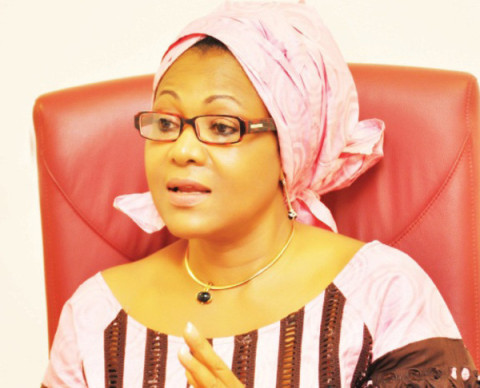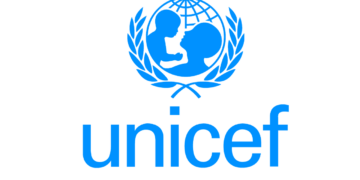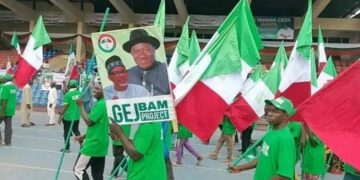Stakeholders in Nigeria have called for a restructuring of the country during the public presentation of Senator Chris Anyanwu’s autobiography, ‘Bold Leap.’
‘Bold Leap,’ which was presented to the public yesterday, is a captivating account of Anyanwu’s life experiences, documenting her triumphs over challenges, including those caused by human wickedness.
During a panel discussion titled “How Do We Fix Nigeria’s System, Structure, Institutions, and Leadership?” the panellists unanimously agreed that restructuring Nigeria is essential for its progress.
Former governor of Ekiti State, Dr Kayode Fayemi, lamented that Nigeria is serving a tiny elite close to power while most Nigerians remain excluded from the benefits of nationhood. He emphasised the need for a system that addresses the needs of the majority, stating:
“And that’s why some of us continue to believe that this nation’s solution is not to make Nigeria. It’s not secession. It is remaking Nigeria. And how do we remake Nigeria if you don’t have all those elements in the institution? That’s why restructuring the Nigerian state cannot be a wrong thing. It is the path to go.”
He explained that restructuring is about reorganising society to serve all citizens better, as Nigeria currently fails to do so:
“How do we, when we talk restructuring, people give all sorts of names and definitions to it. It’s about reorganising a society to serve all its citizens. Right now, Nigeria is not serving all its people.”
Fayemi also pointed out that most of Nigeria’s population, under 30 years old, is eager for change: “And that majority, the bulk of them are under 30. 70% of our population is under 30. The median age in this country is 18.
“So many of them are not as resistant to change as we are. We are very wary of change, particularly the older generation. But the younger people, if it’s not working, they want it fixed.”
He added that this desire for change is evident in their efforts to fix the system through migration (often referred to as JAPA) or resistance to the status quo.
An environmentalist and human rights activist, Ann-Kio Briggs, also emphasised the need for a political system overhaul, starting with the Independent National Electoral Commission (INEC), which she argued has failed Nigerians.
She shared her frustration with the electoral process: “I’m among those Nigerians that INEC has let down. When you have a voting card and cannot vote, it means you’re not choosing the people representing you. Therefore, they owe you nothing.”
She also spoke on the stagnation in the nation’s progress over the last 30 years. “Our sister has recalled a story going back 30 years. If you compare what happened 30 years ago and you look at where we are today, whether we like it or not, nothing has changed. At least, in my humble opinion, nothing has changed.”
The activist decried the current state of patriotism in Nigeria, saying that it should not be reduced to simply reciting the national anthem but should reflect the nation’s responsibility to its citizens:
“Patriotism is not the national anthem. Many people can’t even sing all the verses of either of the national anthems. So patriotism is about what you do for your country, but specifically what it is that your country is doing for you because you are, we’re all Nigerians. We’re not Ghanaians. We’re not British.”
She further emphasised that restructuring should go beyond resource control and ownership, supporting the notion that people in resource-rich areas, like Zamfara with its gold, should have control over their resources:
“Restructuring does not only mean resource ownership, management and control, which I fully support, but if I support resource ownership and management, it means the people of Zamfara that have gold also get to own and manage their resources and any other resources.”
Senator Enyinnaya Abaribe, former Senate minority leader, stressed the importance of having the right people in leadership positions to bring about institutional reform:
“If we don’t have the right people, we will never get an institution right, and that is the only way we can go forward.”
The event also featured dignitaries such as former Senate President Senator David Mark, who represented former President Olusegun Obasanjo, and Pius Ayim, who represented former President Dr Goodluck Jonathan, among other notable figures.





